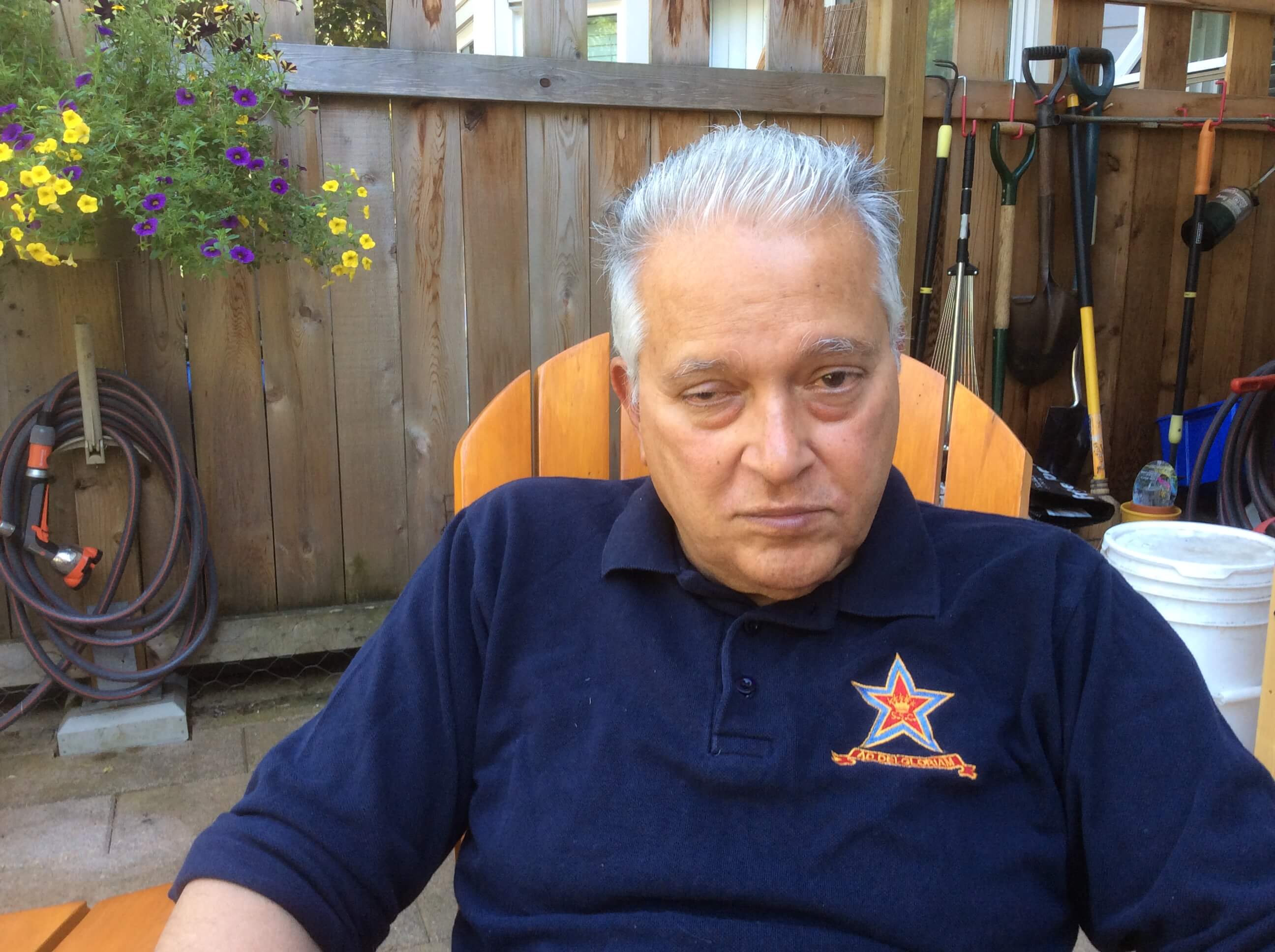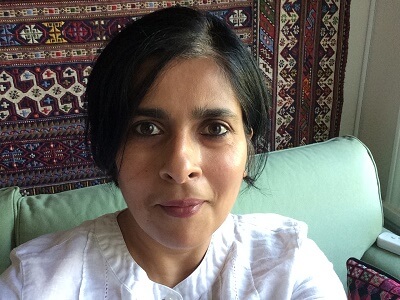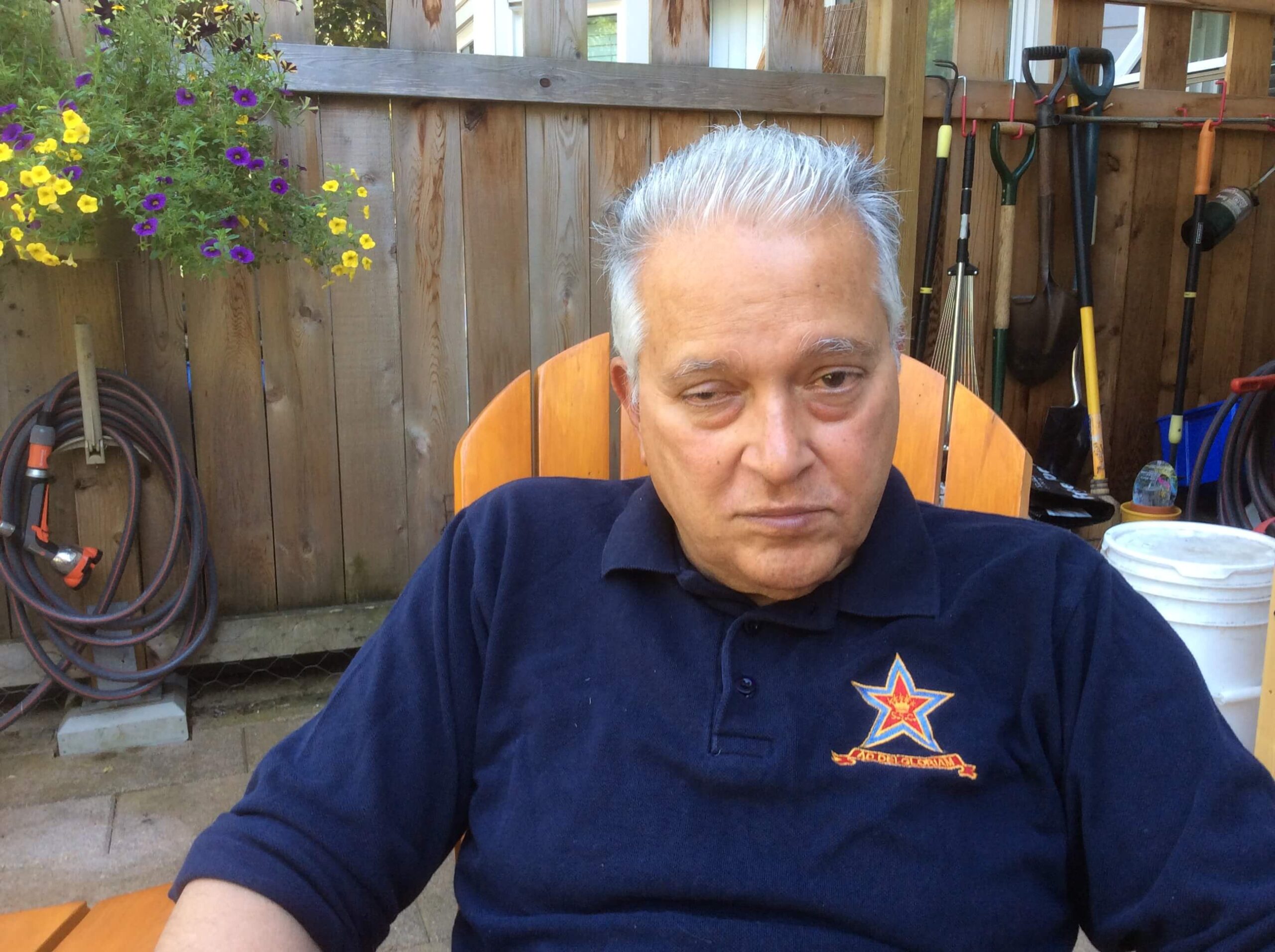Former journalist, George George, worked at the same English newspaper in New Delhi for 30 years before retiring at age 58. Now, in his late 70’s, he’s lived in Vancouver for two years following immigration to Canada. His daughter Sabita Majid, is also a former journalist who immigrated to Canada 15 years ago. In her late 40’s now, she’s changed employers and jobs much more frequently than her father. Below are both writers’ perspectives on the losses and gains from immigration:
George George writes a father’s take:

For an Indian wog (Western-oriented gentleman, as defined in days gone by) choosing to seek fresh pastures late in life with a wife even more so inclined, and with two daughters already settled in Canada, a third living with her family in New York, there was a sense of inevitability about it all. We had been visiting our daughters in Vancouver regularly and had developed a certain familiarity, and were impressed, with Canada’s broadly Christian social values.
Canada’s potential in tomorrow’s world is undoubtedly immense. Water will determine the shape of the world in the 22nd century and Canada has plenty of it. The oil sands present another window of opportunity for Canada in the field of energy which will increasingly dictate areas of affluence.
In assessing various angles of immigration to Canada, it was not lost on us that our experience was restricted to Vancouver and some outlying towns. However, we convinced ourselves that Vancouver’s example would be the standard for the rest of the country.
Sentimental hurdles
A major deterrent to migration was the fact that my family was settled in Bangalore, having moved there from our original homes in the southern state of Kerala. My wife on the other hand faced no such sentimental hurdles for her siblings were all settled abroad already.
An underlying thought promoting migration was our fear that religious freedom might be compromised in India. As has happened, the right-wing, revivalist Bharatiya Janata Party’s sweeping victory in the May 2014 General (federal) Elections could prove to be the first nail in the coffin of religious freedom. However, the secular heart of India continues to beat strongly for now.
An underlying thought promoting migration was our fear that religious freedom might be compromised in India.
India is unique in that it is the only major nation to have emerged from colonial rule and opted for democracy and broadly Western Christian values. The fact that the West, especially the U.S. and Canada, for example, chooses not to acknowledge this difference in India’s political development compared to China’s, is in the eyes of many Indians an aberration.
Smooth sailing
We realized right at the beginning that we would have to sell our nearly 40-year-old house in Delhi, but decided that irrespective of our move to Canada a base in India was essential. Towards this end, we bought an apartment in a multi-storeyed complex in Bangalore.
It has been smooth sailing all through. An Indian lady greeted us at the airport and offered to help us get employment. We declined the offer, secure in the knowledge that our house in Delhi had fetched a price that will always provide for us.
We lived for three months with our daughter in Burnaby and then moved to a nearby flat. We bought a house in North Vancouver with the funds we repatriated, legally. We now live in a cooperative housing society in Burnaby and our other daughter livews with us. The married daughter and family are nearby, four flats away.
The fact that we have enough capital to last a lifetime of modest ambition is the key to our self-sufficiency. We are a retired couple. We are not in the job market, which would have meant competing with local residents for jobs. This has been a major factor promoting our assimilation.
The fact that we have enough capital to last a lifetime of modest ambition is the key to our self-sufficiency.
Canadian society is reticent and self-introspective. That suits my temperament. Living is easy in Canada, especially in Vancouver. The weather is moderate throughout the year. We do not experience Canada’s bone-chilling winter. It rains often but in modest quantities, leaving the parks green and invigorating.
Other welcome features of life in Vancouver are the general peace and quiet on the streets, the public transport system which includes comfortable buses manned by attentive crews and sky-trains, which provide a bird’s eye view of the city. Overall, it is a compassionate city, and every day reinforces our conviction that we have made the right choice.
Sabita Majid offers her views as a daughter:
 Of course, I thought I’d come to Canada to work as a journalist. My ambition was based on the fact that I had written for two national newspapers in New Delhi and in Dubai I reported for the Gulf News for five years before immigrating. My portfolio included interviews with international politicians, actors, artists, writers and a large number articles examining environmental, labour and gender issues.
Of course, I thought I’d come to Canada to work as a journalist. My ambition was based on the fact that I had written for two national newspapers in New Delhi and in Dubai I reported for the Gulf News for five years before immigrating. My portfolio included interviews with international politicians, actors, artists, writers and a large number articles examining environmental, labour and gender issues.
Journalism was for me a means to explore ideas and ask questions about trends in the decolonized India I grew up in. When I moved from New Delhi to multi-national, multi-lingual Dubai, I began seeing how different ethnic groups respond to change and fast-paced development (the sort witnessed in Dubai’s frenetic pace).
However, censorship and compromise were part of my journalistic experience in the United Arab Emirates (U.A.E.), where a traditional Islamic society has become enmeshed with corporate consumerism. It has created a curious mix of social conservatism and enormous wealth.
Matching my skills
Coming to Canada, I thought I’d be able to offer my journalistic insights more freely without the constraints of censorship or conservatism. However, apart from contributing a few articles and book reviews to the Vancouver Sun, this freelance journalism didn’t go too far.
I failed to make a ‘match’ with the ethnic South Asian newspapers either as these small community-style papers are run by skimpy staff and skimpier budgets. Also, ethnic newspapers seemed to provide mostly narrow one-dimensional stories.
Honestly, it might have been easier to pursue a writing career in the more diverse city of Toronto than in smaller-town Vancouver, where my husband and I decided to settle for reasons of comfort and aesthetics over practicality and reason.
So, there I was caught in a classic ‘disconnect,’ both from mainstream media and ethnic media as I fit neither slot. Though I continued to write for overseas media agencies, it was simply not enough to sustain me.
So, there I was caught in a classic ‘disconnect,’ both from mainstream media and ethnic media as I fit neither slot.
My inability to connect as a journalist made me realize that immigration had stacked the odds against me. I had lost valuable cultural and social capital in terms of having a network, while in the politics of language and representation and deciding who gets to speak or to write, my newcomer status lost out completely.
After a long pause, during which I stayed at home raising my son, I decided it was time for a reinvention. I headed back to university for another Master’s program to steep myself in texts and conversations about transnational identities, popular cultures and globalization as this was now my world.
I returned to the workforce having erased journalism from my job search and looked instead for jobs as researcher, public servant and non-profit agencies.
I returned to the workforce having erased journalism from my job search and looked instead for jobs as researcher, public servant and non-profit agencies.
As it happens, I landed a job as a federal public servant five years ago, and now work within the very ‘establishment’ that I was once leery of. I do see my job in public service as having immense value and think I have come full circle professionally.




